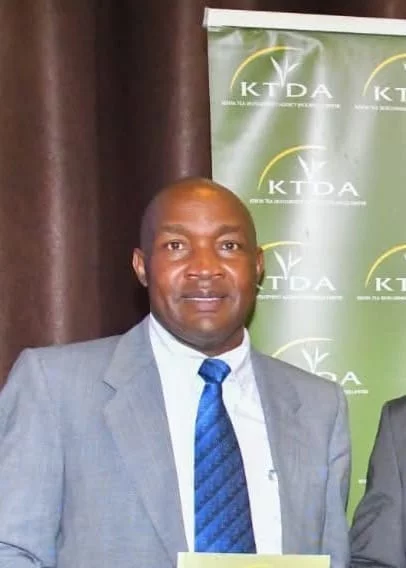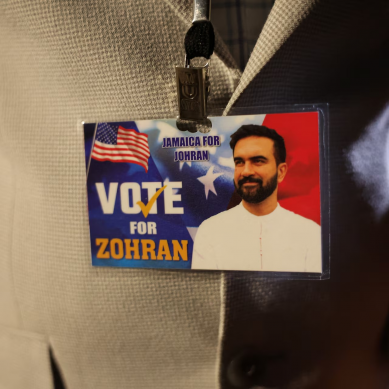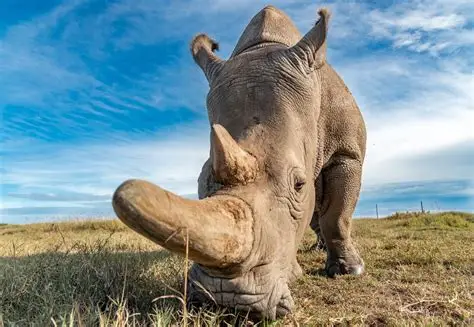
The feisty struggle for the control of the heart and soul of the 700,000-member of Kenya Tea Development Authority (KTDA) is turning nastier following a fierce rebuttal by current Group Finance and Strategy Director Simeon Kiprotich Rugutt, who says his accusers are motivated by mischief, vested personal interests and utter lack of professionalism.
The rebuttal, on the same day the new KTDA board of directors released a press statement distancing itself from allegations of corruption and impropriety by former directors, says the ousted team is pursuing diversionary tactics to stall transition and ongoing investigations into theft of funds that almost brought the tea agency to its knees.
The KTDA statement released on Tuesday evening says, “KTDA has noted with great concern the circulation of false and malicious on various websites, blogs and social media platforms that are clearly intended to tarnish the reputation of the organisation and its management. KTDA wishes to assure all stakeholders including farmers, employees, partners and the general public that these allegations are entirely baseless and should be disregarded. The agency strongly urges stakeholders to ignore the fabricated content and the accounts used to spread the false information.”
While responding allegations that he owns a Ksh1.1 billion palatial house in Nairobi, Rugutt describes claim as “sour grapes” by former KTDA officials after they were shown the door following an incriminating investigation report by former Attorney General Paul Kihara.
“They are fighting back. They had turned KTDA into their fortress and are bitter that they were uprooted and are most likely to faces criminal and financial fiddling charges in court. I am ready to face my accusers in court or any formal or legal process that is open to public scrutiny. I will spill the beans with credible and irrefutable evidence. They made their bed, let them sleep in it,” Rugutt says as he denies the allegations.
In a statement seen by Tell Media, Rugutt says the new team’s predecessors should carry their own cross and respond to pertinent audit queries whenever they are raised.
“It is unprofessional to launch a brutal fightback through social media when there are clear and formal mechanisms through which disputes can be resolved. There are courts, there is the tribunal and mediation mechanism. These are formal and above-board mechanisms of sorting out disputes. Social media is not going to right wrongs that may been committed, civility begets civility, not crudity,” the KTDA finance director says.
“I need to settle down and look at the financial health of KTDA. I am aware corruption fights back and this exactly what is happening to frustrate transition to the new board and obfuscate possible economic crimes thy have committed. We can believe them if they can refute the Kihara report blow by blow. Why have they resorted to these primitive tactics of defence?” Rugutt, who joined KTDA in 2011, questions.
The potential economic crimes and financial fiddling Rugutt alludes to are a subject of a 2021 investigation by Attorney General Paul Kihara that indicted several senior officials of KTDA and recommended prosecution by relevant state agencies.
Against this backdrop, KTDA statement noted, “KTDA remains committed to transparency, accountability and continued delivery of value to over 650,000 smallholder tea farmers under the Farmer Fist mantra.”
Historically, Kenya’s tea export model has relied heavily on bulk sales; a race to the bottom dictated by global commodity prices. This has left farmers vulnerable, underpaid and frustrated.
The new KTDA leadership seeks to end this cycle by pushing for value addition; producing specialty teas, branded exports, and wellness-infused products that command higher margins. The goal is not just to sell more tea but to sell better tea, in better ways, to better markets.
The Kihara probe unearthed massive financial irregularities at KTDA and identified key culprits as former chair Peter Kanyago, former Company Secretary Kennedy Omanga and former CEO Lerionka Tiampati. Under their stewardship, the report says, KTDA was transformed into an opaque entity with little to no regard for the plight of the average farmer.
A presidential Executive Order No.3 of 2021 directed the Attorney General to investigate KTDA for regulatory breaches, leading to the appointment of a new KTDA board in June 2021.
The incriminating findings have for nearly a month turned KTDA has been something akin to a war zone. The new board of directors led by Chair Chege Kirundi and Chief Executive Officer Wilson Muthaura are facing stiff resistance from the ousted office.
However, the ministry and national government have robustly refused to bend backwards to allow the former officials some legroom to influence decision-making during the transition to the new management.
Rugutt, who has been the main target of the flak aimed at the Kirundi’s team has over 25 years’ experience in the finance management. His critics have been questioning his credentials but his resume available online shows a professional with senior-level corporate finance experience that spans 25-plus years and a “proven track record of developing and implementing financial planning and analysis, and over 15 years in senior management leadership.”
In addition, he is “a strategic business developer with expertise in designing, reengineering and implementing financial and administrative systems to enhance economic and administrative control, and make processes more robust. Tested experience in corporate policy setting and setting the foundation for company growth and managing staff teams for corporate success.
At KTDA, he is tasked with maintenance of accurate financial records, timely availability and reliability of financial information and reports, effective internal cost control and optimal utilisation of resources. He also oversees investment of funds, risk management and group consolidation of financial statements in addition to planning budgeting, utilisation and reporting on financial resources assigned to the department by the ministry of agriculture.
He says he is charged with “effective and optimal organisation of assets and resources assigned to the department; effective leadership, supervision and management of manpower resources assigned to the department; maximisation of productivity in the division through process-oriented improvements.”
Rugutt challenges his accusers to pinpoint where he has failed instead of resorting to character assassination on social media. In as far as he is concerned, he says, he has been successful in the process of “continuous process improvement of services offered by the department and continuous monitoring of SLAs, governance policies, risk and compliance policies implemented and implementation of the division’s strategic goals and key strategic areas.
There is also evidence by external auditors that can provide evidence of financial flow in KTDA. Why is the team that was kicked out hell-bent on mud-slinging and creating chaos? The sort of character assassination we are seeing is pre-emptory: they are laying the groundwork to destabilise KTDA and blame the new team.
According to Kihaa report, “In considering how irrational borrowing is done at KTDA, there is a possibility that the organisation may have overcommitted itself.”
The report further noted that former KTDA directors failed to disclose the organisation’s debt exposure by deliberately avoiding the registration of charges and mortgages for each borrowing, in violation of Section 8B (3) of the Companies Act.
Consequently, the report recommends that the KTDA Holdings Group Head of Legal be prosecuted for professional misconduct and negligence, having failed to ensure the preparation and registration of the required charges and mortgages.
Other recommendations included the remittance of tea sales proceeds to tea factories in accordance with Section 36(6) of the Tea Act 2020, which stipulates that 50 per cent of tea sales revenue should be paid to farmers within 30 days.
The report also directed that all debentures must be registered at the Companies Registry by 31 August 2021. Furthermore, it recommended that the board strengthen its risk management policies concerning company borrowing, ensuring that KTDA-H’s borrowing limits are strictly adhered to.
It was further recommended that senior KTDA management involved in the approval of the purchase of rocky land, LR No. 10024/4 IR.27609, at a cost of Ksh59,400,000, should be surcharged. Similarly, those involved in the purchase of swampy land in Nyandarua/Olbolsat at Ksh28,003,500, and those who approved the payment of Ksh38,164,469 in legal fees, should also be surcharged. Finally, the report established a direct loss of Ksh370 million by KTDA, to the detriment of Kagwe Tea Factory Company Ltd.
The board is also championing a shift to renewable energy across tea factories; solar, hydro and biomass-to-energy, lowering operational costs and positioning KTDA to meet global Environmental, Social, and Governance (ESG) standards.
- A Tell Media report / By Samini Juma







